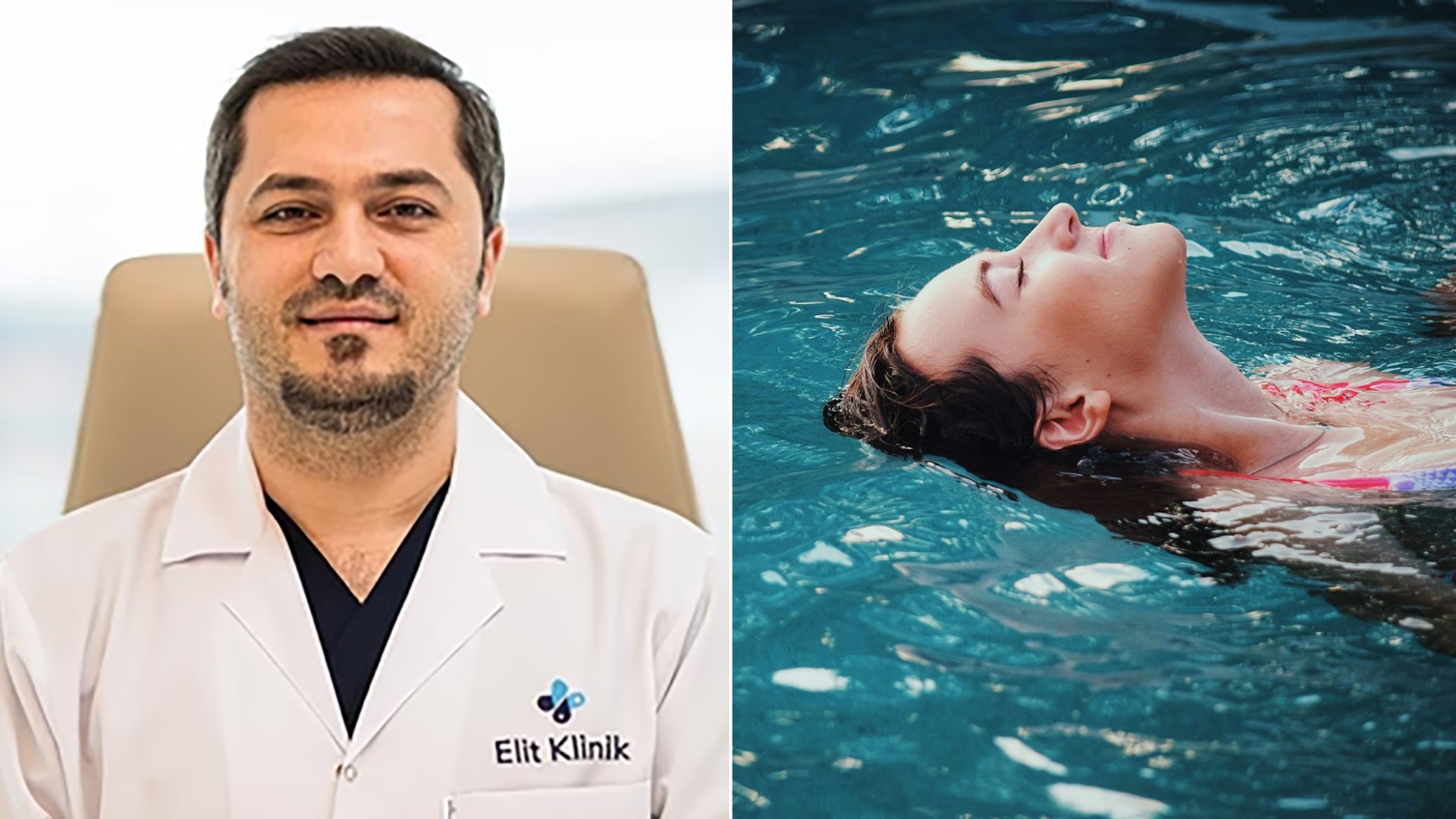Dr. Abdulaziz Balwi uncovers summer hair loss triggers

The Impact of Chlorine on Hair and Scalp
As summer rolls in, many people find themselves spending more time by the pool. Whether it's for exercise, relaxation, or just enjoying the water, swimming is a popular activity. However, there's a common concern about how chlorine in pools affects hair health. While some might worry about hair loss, experts have clarified that the reality is more nuanced.
Does Chlorine Cause Hair Loss?
Dr. Abdulaziz Balwi, a leading hair doctor at Elithair Clinic, explains that chlorine itself does not cause hair follicles to stop producing hair. However, excessive exposure can lead to issues such as breakage and scalp irritation. In rare cases, scalp inflammation caused by chlorine may worsen existing conditions or trigger temporary shedding, known as telogen effluvium. This type of shedding is usually not permanent and doesn't involve damage to the hair follicles themselves.
"Chlorine can make hair appear thinner or more brittle, but this is a cosmetic issue rather than a medical one," Dr. Balwi notes. "Hair breakage caused by chlorine doesn’t mean the follicle is damaged. Once you restore moisture and improve scalp health, new hair will grow, and the damage is often reversible."
How Chlorine Affects Hair and Scalp
Although chlorine doesn't directly cause hair loss, it can still have an impact on the overall health of your hair and scalp. Chlorine is essential for maintaining the pH balance of a pool and disinfecting bacteria. However, it can also strip the scalp and skin of natural oils, leading to dryness, brittle ends, flaking, and increased frizz.
"When chlorine weakens the hair shaft, strands become more fragile and may break mid-length," explains Dr. Balwi. "This can make hair look thinner, especially around the crown or ends, but it's not true hair loss from the follicle. The broken hair isn't gone forever; once you restore moisture and improve scalp health, new hair will continue to grow."
Protecting Your Hair from Chlorine Damage
To minimize the effects of chlorine on your hair, there are several steps you can take:
- Pre-soak your hair with fresh water before entering the pool. This helps fill the hair shaft with clean water, reducing the amount of chlorine it absorbs.
- Apply a leave-in conditioner or hair oil before swimming. This can help seal in moisture and protect your hair from the harsh effects of chlorine.
- Rinse your hair immediately after swimming with clean, lukewarm water to wash away any residual chlorine.
- Use a gentle, clarifying shampoo (sulphate-free) to remove build-up and keep your scalp healthy.
- Wear a swim cap to provide an extra layer of protection. While some people may find swim caps uncomfortable, they can be highly effective in preventing direct contact between chlorine and your hair.
By taking these precautions, you can enjoy the benefits of swimming without worrying about the long-term effects on your hair. With proper care, you can maintain healthy, strong hair even during the hottest days of summer.
Post a Comment for "Dr. Abdulaziz Balwi uncovers summer hair loss triggers"
Post a Comment